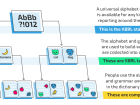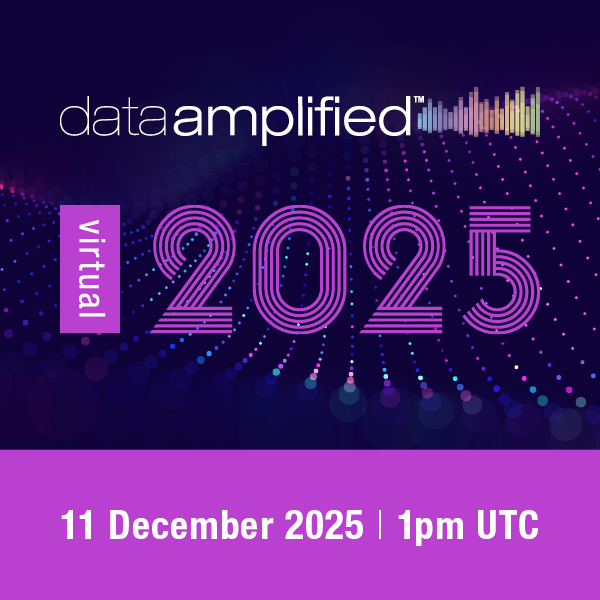What is XBRL?
XBRL is the global standard that powers digital reporting. By making business reporting computer-readable, it helps make business data easy to find, access and analyse. Why do we need it? Because just publishing corporate data in any format is not enough. To meet the needs of users, today’s disclosures must be available in a consistent, […]
The Standard for Reporting
The International Standard XBRL is the international standard for digital reporting of financial, performance, risk and compliance information, although it is also used for many other types of reporting. The open XBRL specifications are freely licensed to anyone seeking to use the standard. XBRL provides a way to: define unambiguous, reusable definitions report individual facts against those definitions […]
How the XBRL standard works
XBRL is the global standard for business data exchange. It makes reporting digital, and so makes data useful. XBRL provides a flexible framework for almost any kind of digital reporting. It is used in diverse reporting requirements, for all types of data, enabling business information to flow around the world. XBRL: the alphabet and grammar […]
Introducing the OIM
The Open Information Model (or “OIM”) is XBRL International’s strategic effort to simplify and modernise important aspects of the XBRL Standard. The OIM provides new and simpler ways to work with XBRL data. It defines a model that represents the meaning of the standard, without referencing syntax specifics. It then defines multiple and interchangeable formats, […]
Financial Statements in XBRL
Financial statements are a vital part of economic life. Creating digital, unambiguous, accurate and reusable versions of financial statements is one of the core capabilities of the XBRL standard. Flexibility is key Financial statements: are governed by official accounting standards contain specific types of information are influenced by norms and habits within industries are extremely […]
Specifications
XBRL is an open standard, with our specifications freely available and freely licensed. XBRL is supported by a strong software development community that has create a broad range of XBRL products, both free and commercial, covering the needs of both end users and developers. In general, the best way to get started with XBRL is […]
XBRL Global Ledger: Transactional Reporting
Accountings systems store transactional details in data stores called ledgers. These records, in turn, consolidate, eliminate and aggregate data up into reports. Generally this involves the loss of relevant supporting details. XBRL GL is the standard in the XBRL family that allows this information to be retained and controlled. Summary reports lose their connection to […]













